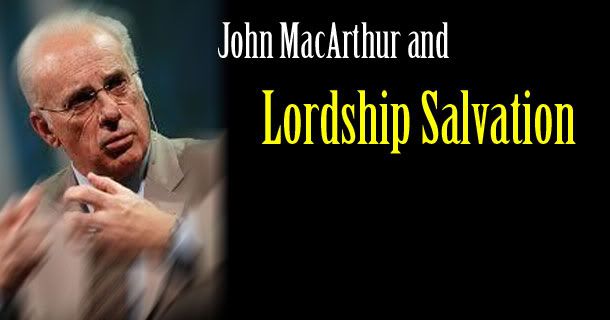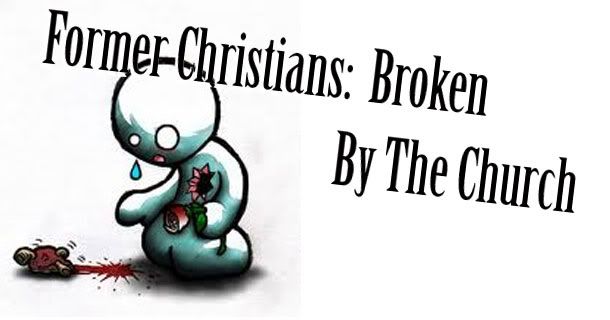~~ Superstition, idolatry, and hypocrisy have ample wages, but truth goes a-begging ~~ Martin Luther
Objective Truth or Subjective Truth?
One subject, or category, that seems to be missing today is Objective Truth. Lately, I’ve been embroiled in issues at work and at church, concerning what’s true and what isn’t. Rather than get into politics at work, I’ll start with church.
It came to the Pastor’s attention that people had many questions concerning the issue of “generational curses”. My Pastor’s good, but being a first generation pastor with little or no background in church history… He isn’t even familiar with the Brahman hymnal… He sometimes struggles with some things that are basic. One place he struggles with is “Law and Gospel”. There’s been a movement in our church towards “deliverance”, meaning people are looking for deliverance from demonic entanglements and other perceived spiritual threats. Now I, like most of you, believe in demons and the devil, but most Christians with some background know that demonic possession is impossible in an individual who is indwelt with the Holy Spirit. Light, afterall, cannot have a place with darkness, right.
But many of these folks, in their desire to receive the blessings of God but frustrated that they haven’t received the blessings they think they should be getting, have bought into the notion that it’s the powers and principalities that be that are preventing them from receiving their blessings. They point to a “generational curse” of poverty or what have you, and go around from one deliverance gathering to another looking to have that spirit removed.
My Pastor wisely took a stand against that. But in doing so, he had to take a path that took him directly into the area of the difference between the Law of God and the Gospel of Jesus Christ. He had to talk about the original curse in the Garden of Eden, and talk about the two trees (tree of life, tree of the knowledge of good and evil) in terms of law and gospel. In his first sermon, he got flustered in the end because he didn’t know how to say “the law is what brings a curse, and the gospel delivers us from that curse”.
It’s a simple truth… One that seems to be hard for the congregation to grasp. By the next sermon, after a little bit of talking with him by some of us more mature Christians, he came back with the truth in a clarity that’s rare for any pastor, let alone our pastor. (Needless to say, I’m very proud of him). He explained how the “curse” of the law came to us through our first father, then our own fathers sin through the generations, since each generation “to the third and fourth generation” continues to sin and passes the curse on to the next generation… The cycle goes on forever unless something breaks the cycle. Then he explained how the gospel… How Jesus’ death and blood dispels that curse forever! Like it says in the Decalogue, “but showing mercy to the hundredth that loves me and keeps my commandments”. No need for deliverance, just a dire need of Jesus’ person and work. Then… The moment of profound clarity.
He said, “Now that you are in Christ, who is your father?” The congregation stammered here and there, “God”. Then the Pastor said, “So, if your father is our Heavenly Father, God himself, then what CURSE can befall you? What curse does God pass on, since in him there is no sin?”
Now, many in the congregation immediately saw that this is true. Of course, Jesus’ sacrifice does away with the curse of the law, and of course the generational curse is the curse of the law. But, there are still many in the church who are hanging onto the “generational curse” theory, saying that the pastor got it wrong.
So, what is true? Who is getting it right? The pastor? The people who disagree with him?
The reformers believed that scripture was the sole authority that norms our lives, and they believed that scripture is in plain language and means what it says. If God makes a promise to us, and since he is not a man that he would like, it follows that God’s promises are bankable and true. But many in the congregation are taking the plain language of scripture and twisting it to say what Paul said would happen… “They will heap up teachers who will say what their itching ears want to hear. They will stop listening to the truth and be turned aside to fables”.
It’s no accident that the New Testament was written in common street Greek rather than classical Greek. After all, Jesus was born in a feed trough. Is common language really this hard to understand?
Is truth only ever subjective? Or is God’s word Objective?







 6:01 PM
6:01 PM
 Matthew
Matthew

